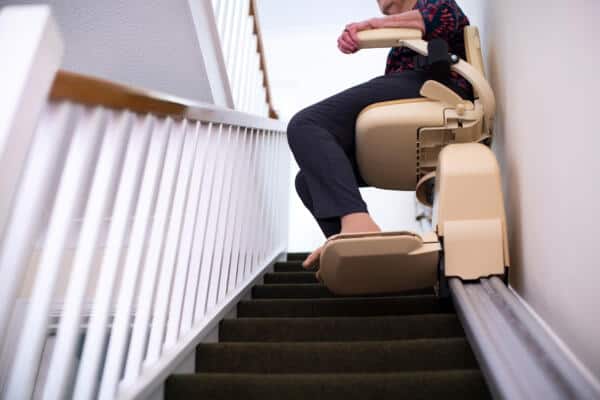Hot Topics at Wilson Browne
Latest News News
-
Do you have two shillings and a Sixpence? Is it time to update your Company’s Articles?
All companies are required by law to have Article of Association (Articles).

-
Employment Tribunal Case – April 2024
An employment tribunal has recently decided that a Sainsburys employee was fairly dismissed for failing…

-
What are my options if I can’t pay the Inheritance Tax due?
If a deceased persons estate is subject to an Inheritance Tax, it is the Personal Representatives (the executors or administrators) responsibility to pay the Inheritance Tax due.

-
Agricultural Landlord and Tenant Code of Practice for England
On 8 April 2024, the Agricultural Landlord and Tenant Code of Practice for England was published following the Department for Environment, Food and Rural Affairs (Defra) response to the Rock Review to promote more collaboration between landlords and tenants and their professional advisers.

-
Can you change solicitor during conveyancing?
As buying or selling a house is the largest financial transaction most people ever undertake, it is crucial that you appoint a conveyancing solicitor who meets your requirements in all respects.

-
When should I instruct a conveyancing solicitor?
Eager to get the conveyancing process underway? Find out when and how to instruct a conveyancing solicitor from the expert team of solicitors at Wilson Browne.

-
Redundancy Protection Changes
Employment Law Update 2024: Redundancy Protection Changes

-
Commercial Rent Arrears Recovery (CRAR) – What is it and how can we help?
A commercial property landlord may be faced, in the course of property ownership, with unpaid rent by a tenant.

-
What Searches Do Conveyancing Solicitors Do?
Unsure which searches are required to buy a property? Learn more about conveyancing solicitor searches from the experts here at Wilson Browne Solicitors.

-
Can I Reduce My Council Tax?
Many people are unaware of the different types of benefits they are entitled to if they are disabled or live with someone who is. One that regularly goes unnoticed is Council Tax. Yazmin Cunningham explains more.











